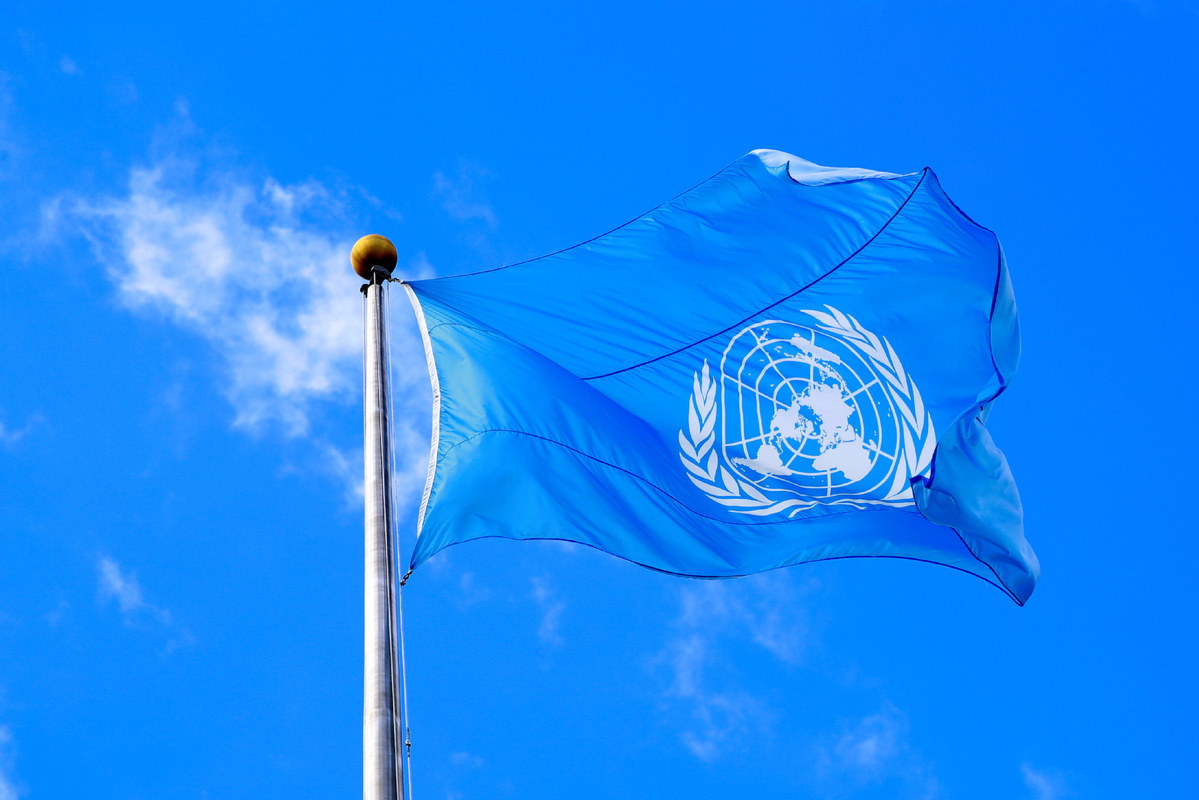Zamir Ahmed Awan: China contributing more and more to UN
September 15 , 2020
By Zamir Ahmed Awan, a senior fellow with Center for China and Globalization(CCG)
The United Nations General Assembly opens its 75th session on Tuesday. It is a routine annual activity, where all UN member countries speak, discuss, and debate arious issues. Different nations bring issues and concerns into the knowledge of other nations and express their point of view. It is an excellent platform to highlight some of the problems ignored, and the consensus is built to resolve some of them.
However, this year, the session comes at a crucial time, with the worldwide disruption, compounded by an unprecedented global health crisis with severe economic and social implications, means this session will be like none before, and a unique in its nature.
The transformation of the unipolar world into multi-polar and geopolitics is somewhat more complicated and radical. Natural disasters are even worse. Earthquakes, fires, gloods, pandemic, all have challenged the humankind.
It is a fact that no single country can face these severe challenges alone. Even the US is struggling to defeat COVID-19 and has become the worst-hit country in the whole world in terms of of COVID-19 deaths and infections.
Europe, an advanced and developed continent, is also battling against the pandemic. Now, some developing countries or underdeveloped countries have comparatively suffered less damages.
Conflicts and wars around the world, such as in Syria, Lebanon, Yemen, Afghanistan, Kashmir, Palestine, Ukraine are making innocent people suffer.
China has been a founding member of the UN since October 24, 1945, and it is among one of the victorious allies of the World War II, and among the five permanent members of United Nations Security Council. Albania initiated motion to recognize the People’s Republic of China, which was passed on October 25, 1971, as General Assembly Resolution 2758.
China became very active in the United Nations by the end of the Cold War and increased its involvement in, and support for, UN initiatives and peacekeeping efforts. China is a mature and sensible nation and understands its international obligations.
As the rapid development of the Chinese economy during the last four decades enabled China to become the second-largest contributor to the United Nations budget and currently heads up four of the 15 UN specialized agencies. It also provides more personnel to peacekeeping operations than any other permanent member of the Security Council. These contributions enabled China with opportunities to reassure the international community of China’s commitment to global peace and stability. China has already risen as a geopolitical power and has a say in world affairs.
China is involved in all significant issues and expresses its own point of view based on justice and in the best possible protection of humankind. China always advocates for globalization and the welfare of humanity. China opposes colonialism, protectionism, and oppression of weaker nations. China is taking a stand for developing and underdeveloped world. China is struggling to settle all disputes among nations through diplomatic and political channels peacefully and trying best to avert armed conflicts and bloodshed.
China has achieved most of Millennium Development Goals and is helping other nations to achieve MDGs. China proactively participates in UN programs and supports the UN charter. It is desired that all countries, either big or small, should respect the UN charter and no country how strong it becomes should not undermine the UN. The UN should be strengthened, and reforms may be introduced to meet the challenges of the modern day world. When the UN was established in 1945 after the World War II, the situation of geopolitics was much different than today’s complex geopolitics; it is time to introduce consensus built reforms to implement its charter more effectively.
Topical News See more






